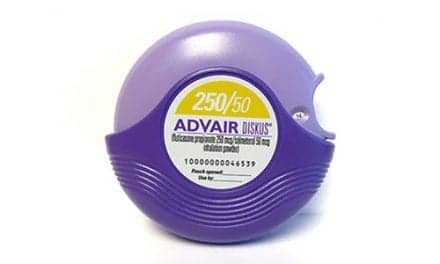The results of a new British study explain why around half of people with asthma experience a “late phase” of symptoms several hours after exposure to allergens. The findings, published in the journal Thorax, could lead to better treatments for the disease.
Asthma symptoms are commonly triggered by allergens in the environment, causing breathing difficulties which range from mild to severe. Many sufferers also experience a “late asthmatic response” 3to 8 hours after exposure to allergens, causing breathing difficulties which can last up to 24 hours.
In the early asthmatic response, the allergen is recognized by mast cells, which release chemical signals that cuase the airways to narrow. In contrast, the mechanism behind the late phase has remained unclear.
The researchers undertaking this study used mice and rats to discover evidence that the late asthmatic response happens because the allergen triggers sensory nerves in the airways. These nerves activate reflexes which trigger other nerves that release the neurotransmitter acetylcholine, which causes the airways to narrow. If the findings translate to humans, it would mean that drugs that block acetylcholine—called anticholinergics—could be used to treat asthma patients that experience late phase responses following exposure to allergens.
Currently steroids are the main treatments prescribed for asthma, but they are not effective for all patients. A recent clinical trial involving 210 asthma patients found that the anticholinergic drug tiotropium improved symptoms when added to a steroid inhaler, but the reason for this was unexplained.
The researchers hypothesized that sensory nerves were involved after observing that anesthesia prevented the late asthmatic response in mice and rats. They succeeded in blocking the late asthmatic response using drugs that block different aspects of sensory nerve cell function, adding further evidence for this idea.
After establishing that sensory nerves detect the allergen, the researchers tested the effect of tiotropium, an anticholinergic drug that is used to treat chronic obstructive pulmonary disease (COPD). Tiotropium blocks the receptor for acetylcholine, which is released by nerves in the parasympathetic nervous system. Tiotropium also blocked the late asthmatic response, suggesting that parasympathetic nerves cause the airways to constrict.
Source: Imperial College London









